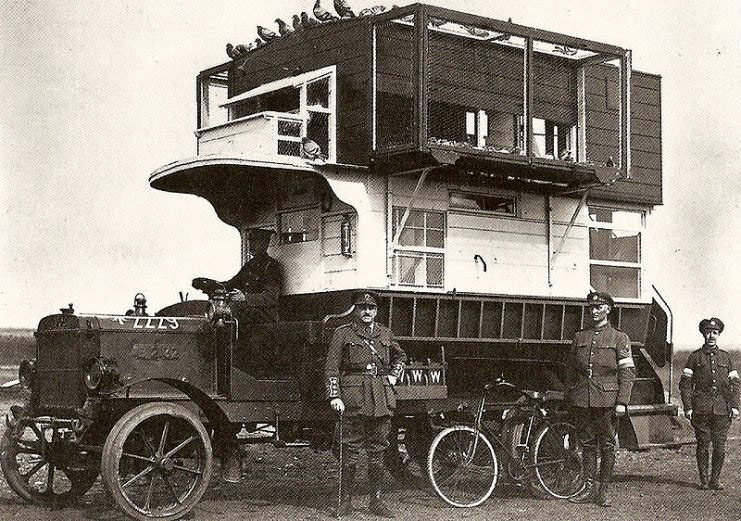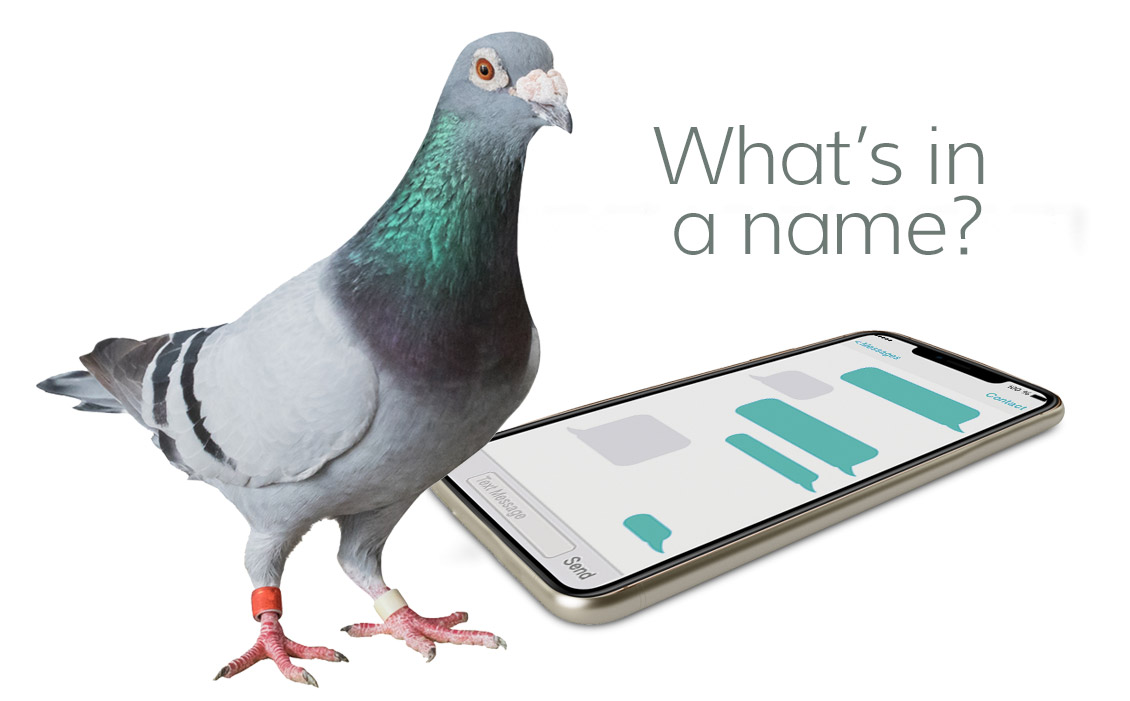“I do not stop by the way: I look not to the right hand or the left:
I take the shortest way and lose no time.” – Parley’s Fables
So what does Pidj mean anyway?
For thousands of years, the most reliable form of communication was the carrier pigeon. The regal bird was trusted to deliver messages, under any circumstance, to its intended destination. Commonly found in most countries, pigeons often go unnoticed and without detection. They can cross enemy lines, are known to have the fastest speed over the longest distances, see dangers that other birds cannot (seeing in both color and ultraviolet light) and they are highly intelligent; with the ability to recognize 26 letters and distinguish two different humans in a photograph.

Throughout history, carrier pigeons are known to have relayed the news of Gaul‘s conquest of Rome, brought the good news of Napoleon’s defeat at Waterloo to England, and were used extensively during the two World Wars to take secure communications to and from the front lines. Pigeons played a vital part in the Invasion of Normandy as radios could not be used for fear of crucial information being intercepted by the enemy.
The carrier pigeon was believed to be an asset at war time well into the 20th century. In fact, during the First World War, pigeons were given roost in a bus converted into a pigeon loft for use in northern France and Belgium.
What is your message?
The carrier pigeon handlers really were the originators of textspeak. Truly only able to carry a “short message” on light, almost translucent paper rolled into a tube attached to their legs. A short hand speak or code between two locations — especially in war time — was not uncommon.
 How commonly were pigeons used? In 1860, Paul Reuter, who later founded Reuters press agency, used a fleet of over 45 pigeons to deliver news and stock prices between Brussels, Belgium and Aachen, Germany, the terminal of early telegraph lines. Their reliability lent itself to occasional use on mail routes, such as the Great Barrier Pigeongram Service, which was possibly the first regular air mail service in the world.
How commonly were pigeons used? In 1860, Paul Reuter, who later founded Reuters press agency, used a fleet of over 45 pigeons to deliver news and stock prices between Brussels, Belgium and Aachen, Germany, the terminal of early telegraph lines. Their reliability lent itself to occasional use on mail routes, such as the Great Barrier Pigeongram Service, which was possibly the first regular air mail service in the world.
Pigeons were still employed in the 21st century by certain remote police departments in Odisha state in eastern India to provide emergency communication services following natural disasters.
And that brings us to Pidj
While we don’t need to rely on pigeons to deliver short messages any longer, we do appreciate their historical importance and the trust that great leaders throughout history put in them.
Nothing like our feathered icons of the past, we host our service in data centers across the country instead of a bus. Our customer portal, known as Roost, is accessible from any browser.
Pidj.co is a steadfast, reliable and (dare we say so ourselves) a really fun way to comminicate with your leads, customers, parishoners, employees, team members and more (basicially anyone with a smartphone). Since 97% of us in the U.S. carry a text-enabled phone, if there’s someone you need to contact, we’re here to help.


